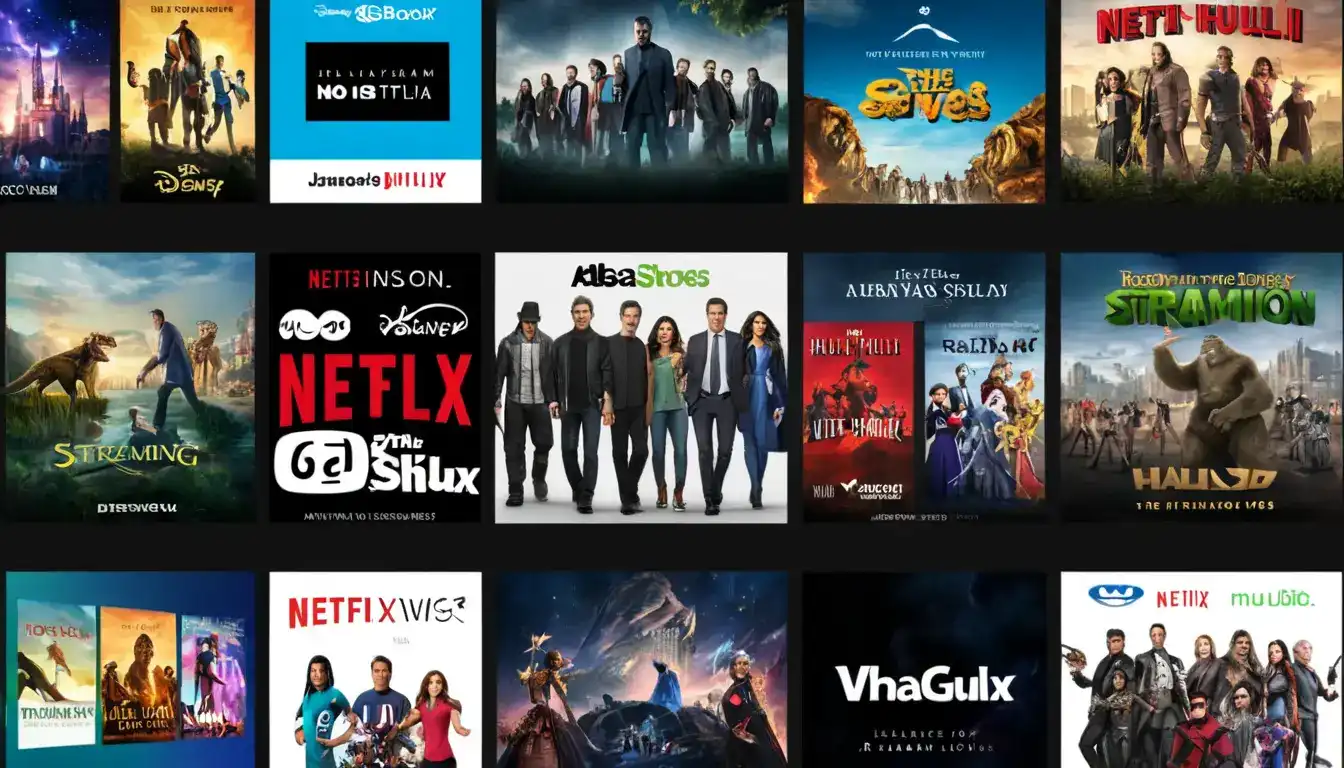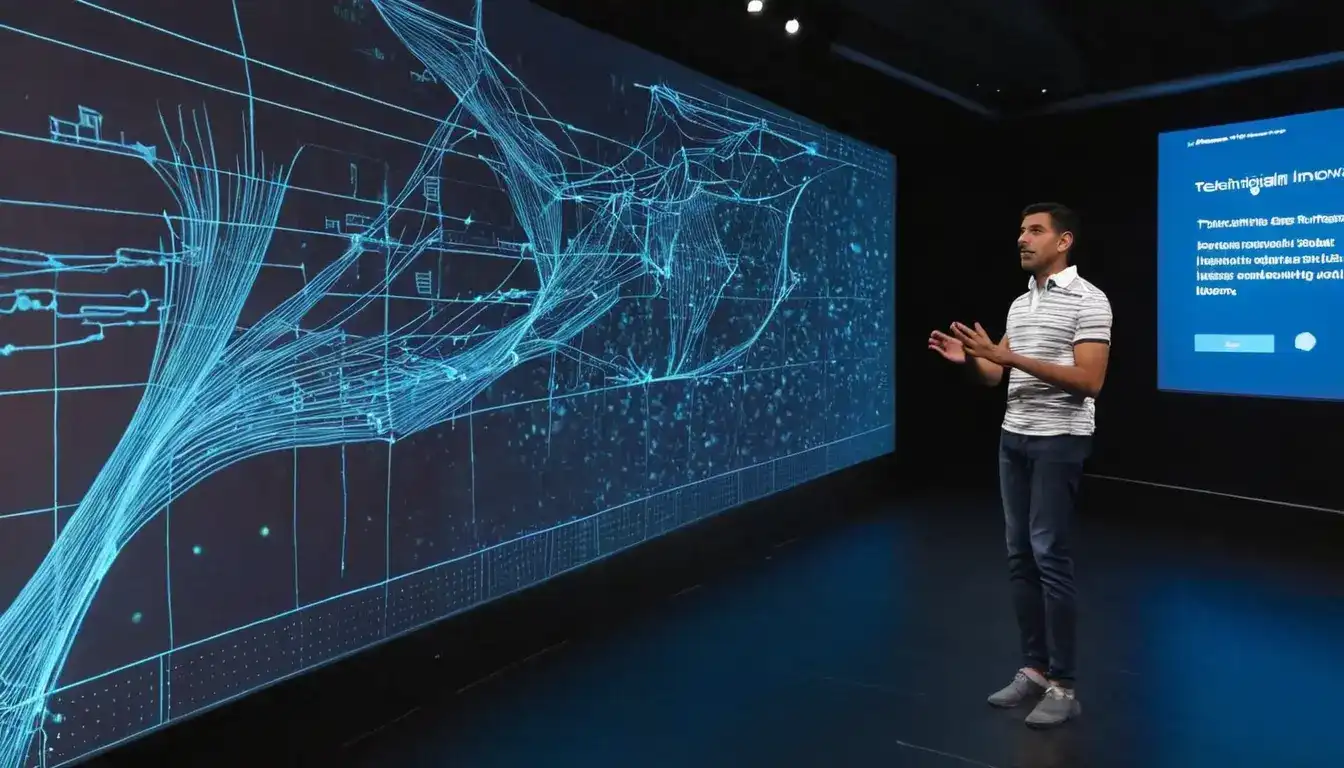Tips and Tricks for Traveling on a Budget
Emily Willis

Photo: Tips and Tricks for Traveling on a Budget
Traveling can be an enriching and unforgettable experience, but it often comes with a hefty price tag. However, with the right strategies and a bit of planning, you can explore new destinations without breaking the bank. Here are some practical tips and tricks for traveling on a budget that will help you make the most of your adventure without emptying your wallet.
1. Plan Ahead and Be Flexible
Plan Your Trip in Advance
One of the best ways to save money on travel is by planning your trip well in advance. Airlines and hotels often offer lower prices for bookings made months ahead of time. By planning ahead, you can take advantage of early-bird discounts and avoid the higher costs associated with last-minute bookings.
Be Flexible with Dates and Destinations
Flexibility is key when traveling on a budget. If you’re not set on a specific destination or travel date, you can use this to your advantage. Flights and accommodations can vary significantly in price depending on the time of year, day of the week, and even the time of day. Use travel search engines and apps that allow you to compare prices over a range of dates and destinations to find the best deals.
2. Use Budget Airlines and Alternative Transport
Fly with Budget Airlines
Budget airlines often offer significantly lower fares compared to major carriers. While these flights might come with fewer amenities and stricter baggage policies, the cost savings can be substantial. Research budget airlines that operate in your region and consider them for short and medium-haul flights.
Consider Alternative Transport
Sometimes, flying isn’t the most cost-effective way to travel. Consider alternative modes of transport such as buses, trains, or carpooling services. These options can be cheaper and offer a chance to see more of the countryside. Overnight buses and trains can also save you the cost of a night’s accommodation.
3. Save on Accommodation
Choose Budget-Friendly Lodging
Accommodation is often one of the largest expenses when traveling. Consider staying in budget-friendly options such as hostels, guesthouses, or budget hotels. Websites like Hostelworld and Booking.com can help you find affordable lodging options that fit your needs.
Use Alternative Accommodation
Consider alternative accommodation options like vacation rentals, house-sitting, or couchsurfing. Websites like Airbnb, HomeExchange, and Couchsurfing connect travelers with locals who are willing to offer their homes at a lower cost or even for free. This not only saves money but also provides a more authentic travel experience.
4. Eat Like a Local
Avoid Tourist Traps
Restaurants and cafes in touristy areas often charge higher prices for lower-quality food. Venture off the beaten path and eat where the locals do. Street food and local markets can offer delicious, authentic meals at a fraction of the cost of tourist restaurants.
Cook Your Own Meals
If you’re staying in accommodation with kitchen facilities, take advantage of them. Shopping at local markets and grocery stores and preparing your own meals can save a significant amount of money. It’s also a great way to experience local culture and cuisine.
5. Take Advantage of Free and Low-Cost Activities
Research Free Attractions
Many destinations offer a range of free attractions and activities, from museums and galleries to parks and historical sites. Do some research before you go and make a list of free things to do at your destination. Websites like TripAdvisor and local tourism websites can be valuable resources for finding free activities.
Take Advantage of Discount Passes
Many cities offer discount passes for tourists that provide access to multiple attractions at a reduced price. These passes can include public transport, museums, and other popular sites. Check if your destination offers such a pass and consider whether it might save you money.
6. Use Technology to Your Advantage
Use Travel Apps
There are numerous travel apps designed to help you save money. Apps like Skyscanner, Hopper, and Momondo can help you find the cheapest flights. HotelTonight and Airbnb can assist with last-minute accommodation deals. Google Maps and Citymapper can help you navigate unfamiliar cities using public transport, avoiding the need for expensive taxis.
Stay Connected for Less
International roaming charges can quickly add up. Consider buying a local SIM card or using an international travel SIM card to stay connected at a lower cost. Alternatively, make use of free Wi-Fi available at cafes, hotels, and public spaces.
7. Manage Your Money Wisely
Use a Travel-Friendly Bank Account
Many banks charge high fees for international transactions and ATM withdrawals. Look for a bank that offers travel-friendly accounts with low or no fees. Some online banks and credit unions offer accounts specifically designed for travelers.
Set a Daily Budget
To avoid overspending, set a daily budget for your trip. This can help you keep track of your expenses and ensure you don’t run out of money before the end of your journey. Stick to your budget by monitoring your spending and making adjustments as needed.
8. Pack Smart
Pack Light
Packing light can save you money on baggage fees, especially when flying with budget airlines. Stick to the essentials and pack versatile clothing that can be mixed and matched. Consider using a carry-on bag to avoid checked baggage fees.
Bring Your Own Essentials
Items like water bottles, snacks, and travel-sized toiletries can be expensive to buy on the go. Bring these items with you to save money and ensure you have everything you need during your trip.
9. Travel Insurance
Don’t Skip Travel Insurance
While it might seem like an unnecessary expense, travel insurance can save you a lot of money in case of emergencies. Medical emergencies, trip cancellations, and lost baggage can result in significant unexpected costs. Shop around for affordable travel insurance that covers your needs.
10. Earn While You Travel
Work Exchange Programs
Consider participating in work exchange programs where you work a few hours a day in exchange for free accommodation and meals. Websites like Workaway and WWOOF connect travelers with hosts around the world offering various opportunities, from farm work to hostel management.
Freelance or Remote Work
If your job allows it, consider working remotely while traveling. Freelancing or taking on remote work projects can help fund your travels and provide financial stability. Many digital nomads successfully combine work and travel, exploring the world without depleting their savings.
Conclusion
Traveling on a budget doesn’t mean sacrificing experiences or comfort. By planning ahead, being flexible, and using the tips and tricks mentioned above, you can enjoy fulfilling and memorable travels without overspending. Remember, the key to budget travel is making smart choices and finding creative ways to stretch your dollars. Happy travels!
Latest ✨
View AllDiscover the essential qualities required to become a successful leader, from integrity and empathy to communication and adaptability. Learn how to develop these traits to inspire and motivate your team
Emily Willis
top digital marketing trends for 2024, including the rise of AI, the importance of user experience, video marketing dominance, influencer marketing, privacy and data security, sustainability and ethical marketing, and emerging trends like AR/VR, metaverse marketing, blockchain, and NFTs. Specific strategies are provided for leveraging AI for personalized customer experiences, enhancing user experience for mobile users, creating engaging video content, building authentic influencer partnerships, prioritizing data privacy and security, integrating sustainability and ethical practices.
Emily Willis
Europe is full of rich culture, with ten cities offering enriching cultural experiences. From the romance of Paris to the splendor of Rome and the artistic flair of Barcelona, each city has its own unique charm and heritage.
Emily Willis
Proper nutrition is essential for optimal brain function during exams. Foods rich in complex carbohydrates, lean protein, healthy fats, and hydration can help maintain energy levels and focus. Smart snack options during exams include fresh fruits, vegetables with hummus, trail mix, yogurt with granola, and dark chocolate.
Emily Willis
Business
View All
August 4, 2024
Building a Consistent and Inspiring Personal Brand Through Online PlatformsIn today's digital age, it is important to establish a strong personal brand in order to stand out in a competitive landscape. This can be done by following practical steps such as defining your brand identity, identifying your target audience, creating a compelling online presence, crafting quality content, engaging with your audience, leveraging social media effectively, networking and collaborating, monitoring and adapting, showcasing your authenticity, and seeking professional guidance if needed. Building a personal brand requires dedication, authenticity, and strategic planning, but it can lead to a memorable and influential brand that resonates with others in the digital world.
Emily Willis

August 4, 2024
Strategies for Effective Business Growth in a Competitive Marketimportance of strategic planning, innovation, and understanding market dynamics for businesses to achieve sustainable growth in a competitive market. It covers strategies such as customer focus, innovation, marketing, partnerships, financial management, technology, employee engagement, and sustainability.
Emily Willis

August 5, 2024
Tips for Choosing the Right Investment Product for Your Needsprovides guidance on investing money, starting with understanding financial goals and risk tolerance. It explains different investment options such as stocks, bonds, mutual funds, ETFs, real estate, and retirement accounts, and emphasizes the importance of diversification.
Emily Willis
Economy
View Allimpact of inflation on households and businesses, outlining the causes and consequences of rising prices. It provides strategies for both households and businesses to cope with inflation, such as budgeting, seeking deals, and negotiating with suppliers. The importance of collaboration and communication between governments, businesses, and consumers is emphasized, along with the need for long-term investments in infrastructure, skills development, and sustainable practices.
Read MoreGlobalization has a profound impact on the economies of developing countries, offering both opportunities and challenges. By increasing access to markets, facilitating technology transfer, creating jobs, and promoting cultural exchange, globalization can drive economic growth and development. However, addressing the challenges of economic inequality, loss of domestic industries, environmental impact, and cultural homogenization is essential to ensure sustainable and inclusive growth. By adopting strategic measures and fostering international cooperation, developing countries can maximize the benefits of globalization and build a brighter future
Read MoreThe digital economy has the potential to bring economic growth and innovation to developing countries, but there are several challenges that need to be addressed. These challenges include inadequate digital infrastructure, a digital divide that exacerbates inequalities, complex and outdated regulatory frameworks, cybersecurity risks, and limited access to financial services. However, there are opportunities for enhancing financial inclusion and economic growth. These opportunities include mobile and digital payments, implementing digital identification systems, e-commerce and market access, digital skills development, and public-private partnerships. By addressing these challenges and embracing the digital revolution, developing countries can unlock new opportunities for economic empowerment and inclusive growth.
Read MoreEntertainment
View All
August 5, 2024
Entertainment in Society: Social Impact, Cultural Influence, Economic ContributionsEntertainment is more than just a way to pass the time it has a significant impact on society, culture, and the economy. It promotes empathy, sparks conversations, and drives social change. It reflects and shapes cultural trends, while also preserving traditions. The entertainment industry generates jobs, contributes to economic growth, and drives technological innovation.
Emily Willis

August 4, 2024
Virtual Music Concerts: The Future of Live Performance?The music industry has seen significant changes in recent years, with virtual music concerts becoming a popular trend, especially due to the impact of the COVID-19 pandemic. Technological advancements have made virtual concerts more accessible and cost-effective, while also reducing the environmental impact of live events. However, challenges such as technical issues and the lack of physical presence remain. The future of virtual concerts may involve hybrid models that combine virtual and physical experiences, as well as continued technological innovation to enhance the quality of virtual performances. Building a sense of community and engagement will also be crucial for the success of virtual concerts moving forward.
Emily Willis

August 4, 2024
The Evolution of Streaming Services Such as Netflix, Disney+, Hulu, and the Implications for the Traditional Entertainment IndustryThe rise of streaming services has revolutionized the entertainment industry, offering on-demand access to a vast library of content through internet-connected devices. Platforms like Netflix, Disney+, and Hulu have diversified their content libraries, reshaped consumer behavior, and challenged traditional distribution models. Technological advancements have enhanced streaming experiences, while economic and cultural implications have led to global market expansion and increased investment in original content production. The future of the streaming industry will be shaped by competition, convergence of media and technology, and the need for adaptation to changing consumer preferences. Embracing digital transformation and strategic partnerships will be crucial for stakeholders in navigating the evolving landscape of modern entertainment.
Emily Willis
Health
View Allmaintaining good health and well-being through nutritional choices. A balanced diet, incorporating whole foods, staying hydrated, consuming nutrient-dense foods, managing portion sizes, practicing mindful eating, eating regular meals and snacks, considering supplements, and adopting sustainable eating practices are all highlighted as effective strategies for enhancing overall.
Emily Willis
Preventive healthcare focuses on strategies to prevent disease and maintain well-being, rather than just treating illnesses after they arise. It helps identify risk factors early on, allowing for interventions that can prevent or delay the onset of chronic diseases.
Emily Willis
significance of mental health awareness in today's fast-paced world. It discusses the importance of understanding mental health, breaking down stigma, and promoting positive mental health practices.
Emily Willis
Trending 🔥
View All
1
2
3
4
5
6
7
8
10
Lifestyle


Sports
View AllAugust 5, 2024
Sports for Social Good: Promoting Diversity, Inclusion, and Community Engagement
Read MoreTechnology
View All
August 5, 2024
Top Unity Software Development Trends to Watch in 2024
Explore the top Unity software development trends that will shape the gaming industry in 2024. From AI integration to VR/AR immersion, cross-platform reach, cloud collaboration, and mobile gaming, Unity is revolutionizing gaming experiences. Stay ahead in the dynamic world of game development with these insights.

August 4, 2024
Amidst Economic Uncertainty, Businesses Adapt and Innovate for Survival
The business world can be unpredictable, but companies can thrive by embracing adaptation and innovation. Understanding market trends, economic indicators, and global factors is crucial for charting a successful course.

August 5, 2024
The Future of Blockchain and Its Impact on Society
Blockchain technology, originally developed for cryptocurrencies like Bitcoin, has evolved into a versatile tool with the potential to revolutionize various industries beyond finance. Its decentralized and transparent nature offers solutions to challenges faced by societies worldwide. Blockchain's impact on society is poised to be transformative across multiple domains, including enhanced security, data integrity, decentralization, supply chain transparency, digital identity, and financial inclusion.

August 5, 2024
Oculus Quest 2 vs HTC Vive Pro – Which Should You Choose?
Oculus Quest 2 vs HTC Vive Pro – which VR headset reigns supreme? Dive into this ultimate showdown to discover the strengths and weaknesses of each, and decide which one is worth your investment. From specs and comfort to content and price, we'll help you make an informed choice.



















